Electric vehicles (EVs) have become a cornerstone in the automotive industry's efforts to reduce carbon emissions and meet stringent environmental regulations. As we cruise into 2024, battery efficiency remains a key battleground for manufacturers striving to extend the range and appeal of their EVs. For potential buyers, efficiency often tops the list of considerations, translating into fewer charging interruptions and reduced running costs. In the realm of electron-fueled mobility, some vehicles stand out for their power-sipping prowess. Here, we plug into the most battery-efficient electric cars of 2024.
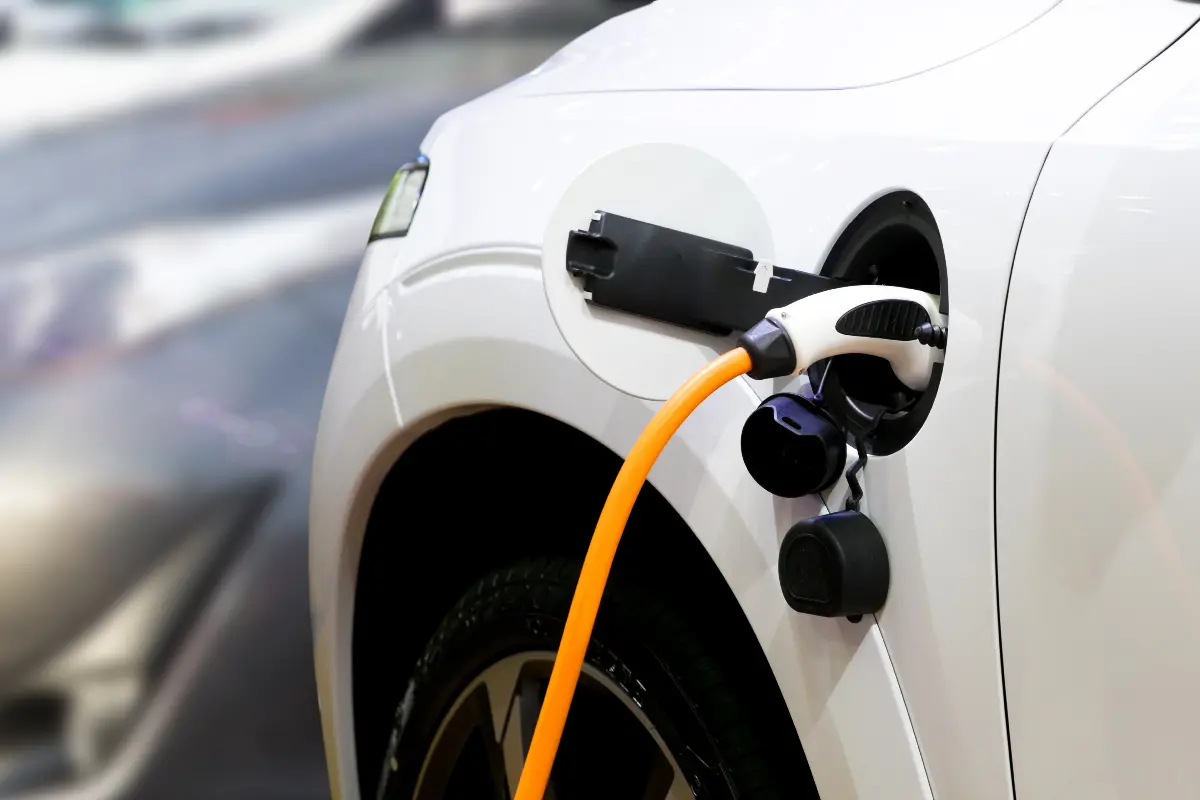
Let's begin by understanding battery efficiency in EVs. It's measured in watt-hours per mile (Wh/mi) or by the inverse, miles per kilowatt-hour (mi/kWh). This metric reflects how much electricity a car consumes to travel a certain distance. The lower the Wh/mi or the higher the mi/kWh, the less power the car uses, and theoretically, the further it can travel on a single charge.
One of the year's efficiency champions is the Lucid Air Dream Edition. With its aerodynamically sculpted body and cutting-edge battery technology, the Air Dream achieves an impressive mileage that marks it as a leader in the segment. Lucid has leveraged its extensive battery know-how, gained from supplying batteries to Formula E race cars, to catapult its sedan to the front of the efficiency race.
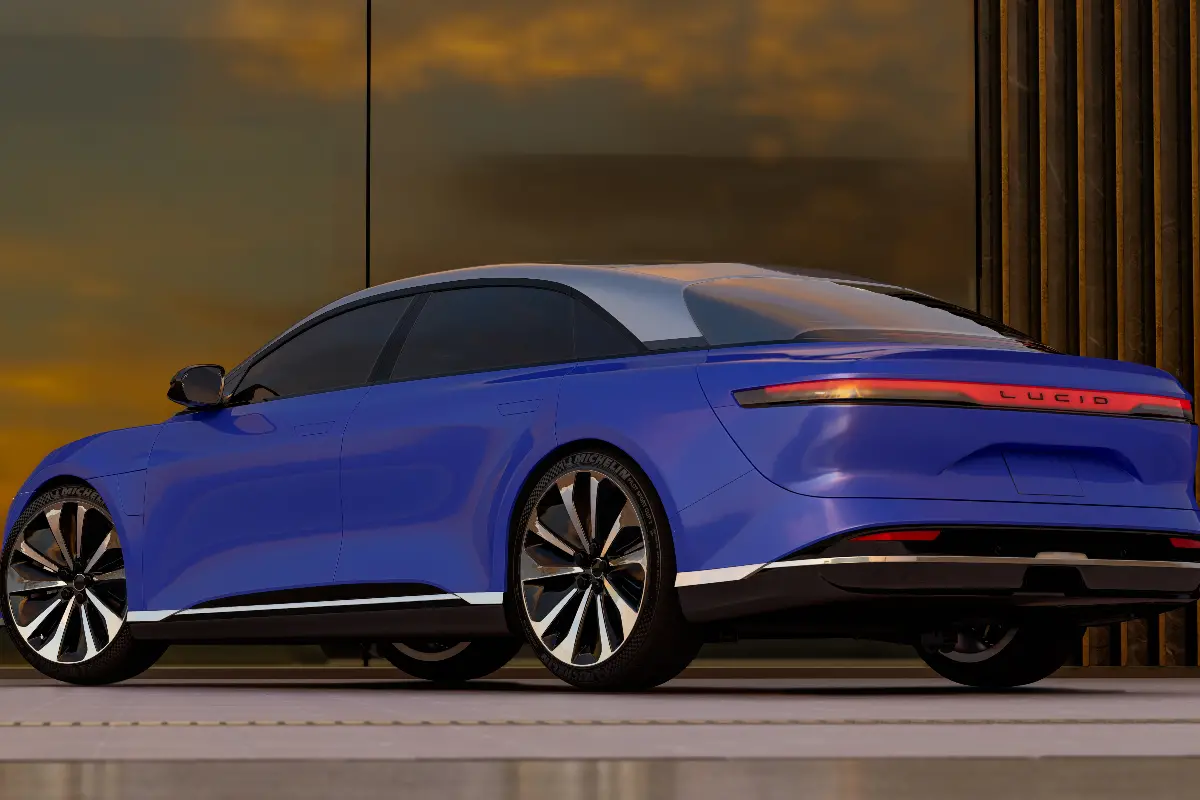
Another noteworthy contender is the Tesla Model 3 Long Range. Over the years, Tesla has consistently pushed the envelope on EV technology, and the Model 3's continuous over-the-air updates have further refined its energy consumption. The Model 3's efficient drivetrain, allied with a state-of-the-art heat pump system, enables it to reap the most miles from its lithium-ion cells.
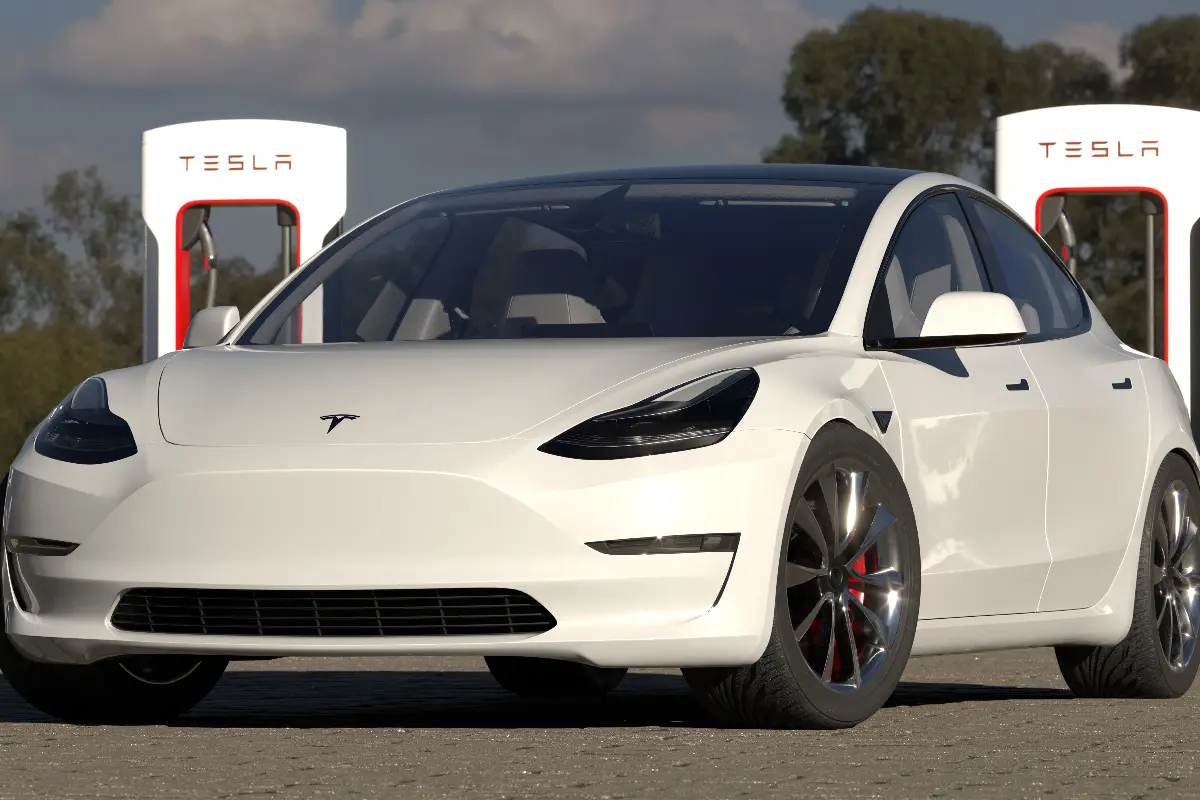
Not to be outdone, the Volkswagen ID.4 makes a strong case for efficiency in a more compact SUV form factor. The German marque's dedication to an electrified future is evident in the ID.4's intelligent regenerative braking system and its balanced battery placement, which enhances the vehicle's overall dynamics and efficiency.
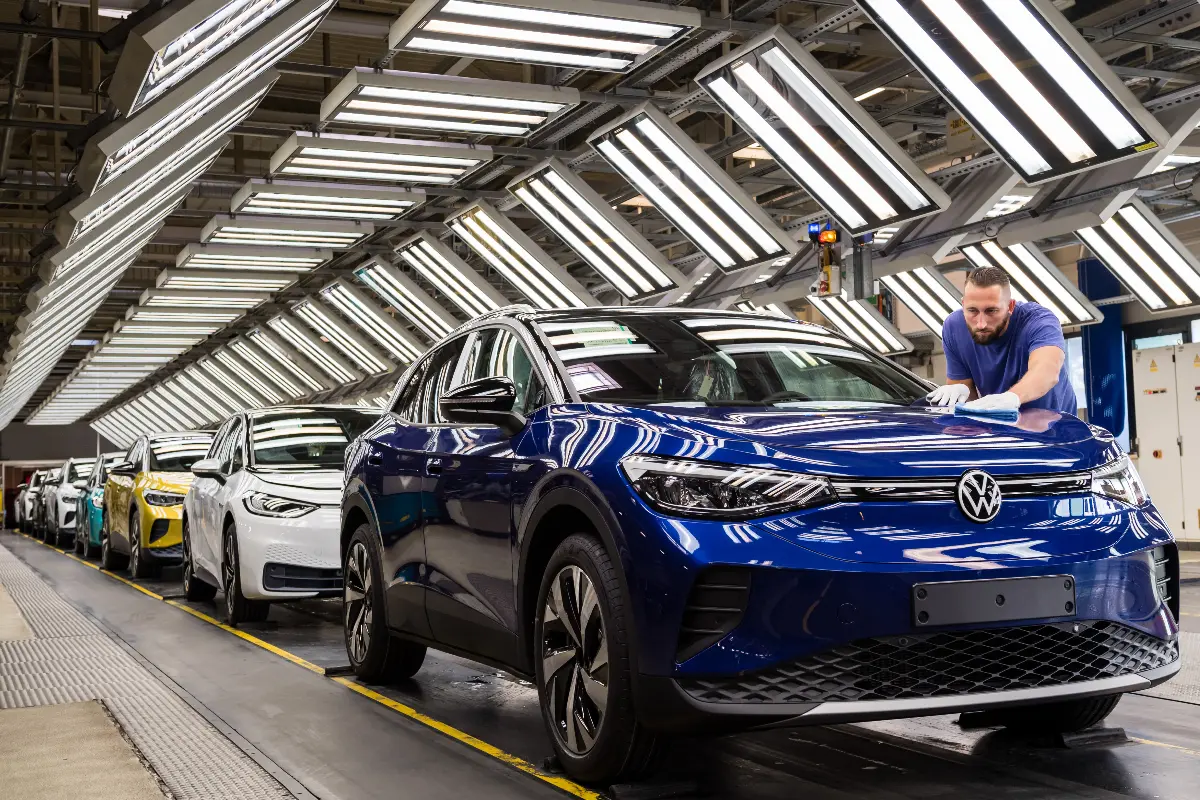
For those who favor luxury along with frugality, the Mercedes-Benz EQA delivers. As the electric sibling of the GLA-class SUV, the EQA brings together the comfort and prestige associated with Mercedes-Benz and the efficiency required by discerning eco-conscious customers. It achieves a remarkable energy consumption figure without sacrificing the performance or amenities synonymous with the brand.
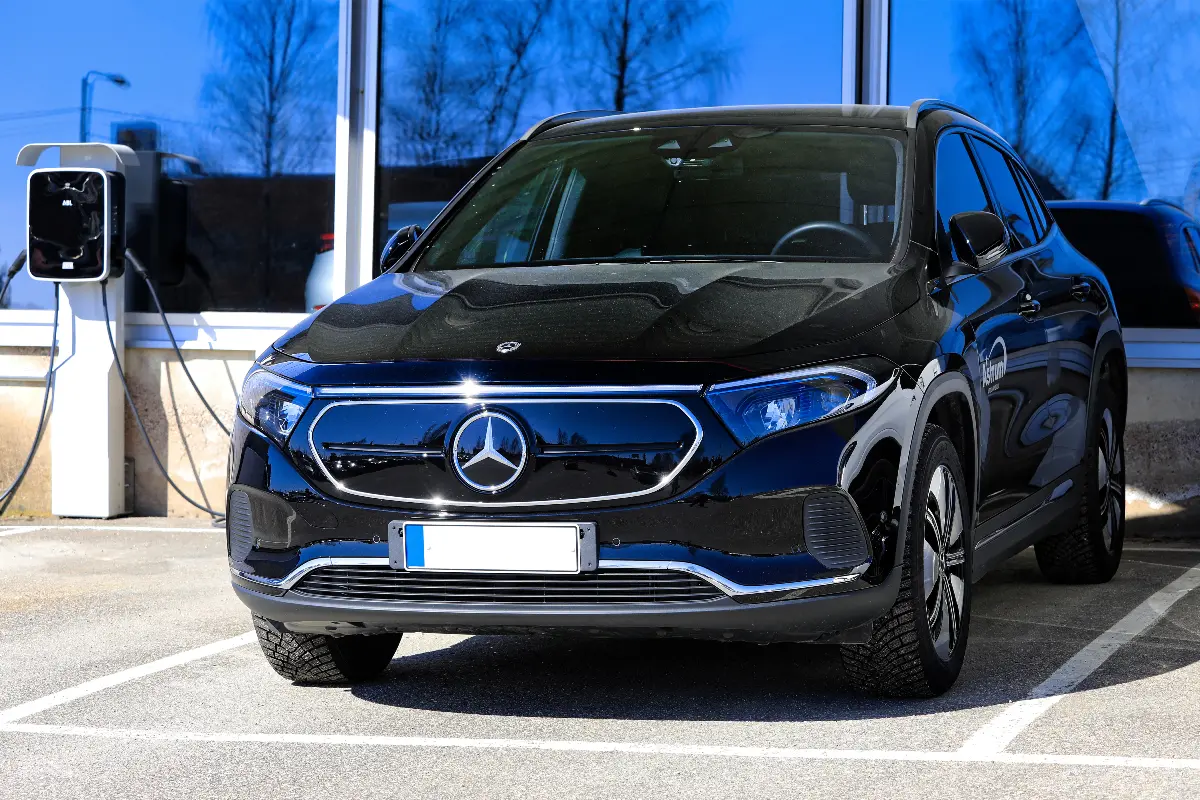
The efficiency narrative continues with the Hyundai Ioniq 5, which draws from the company's substantial experience in producing hybrid and electric vehicles. The Ioniq 5 not only impresses with its retro-futuristic design but also with its energy-efficient all-wheel-drive option and a solar roof that passively generates electricity, contributing to its range.
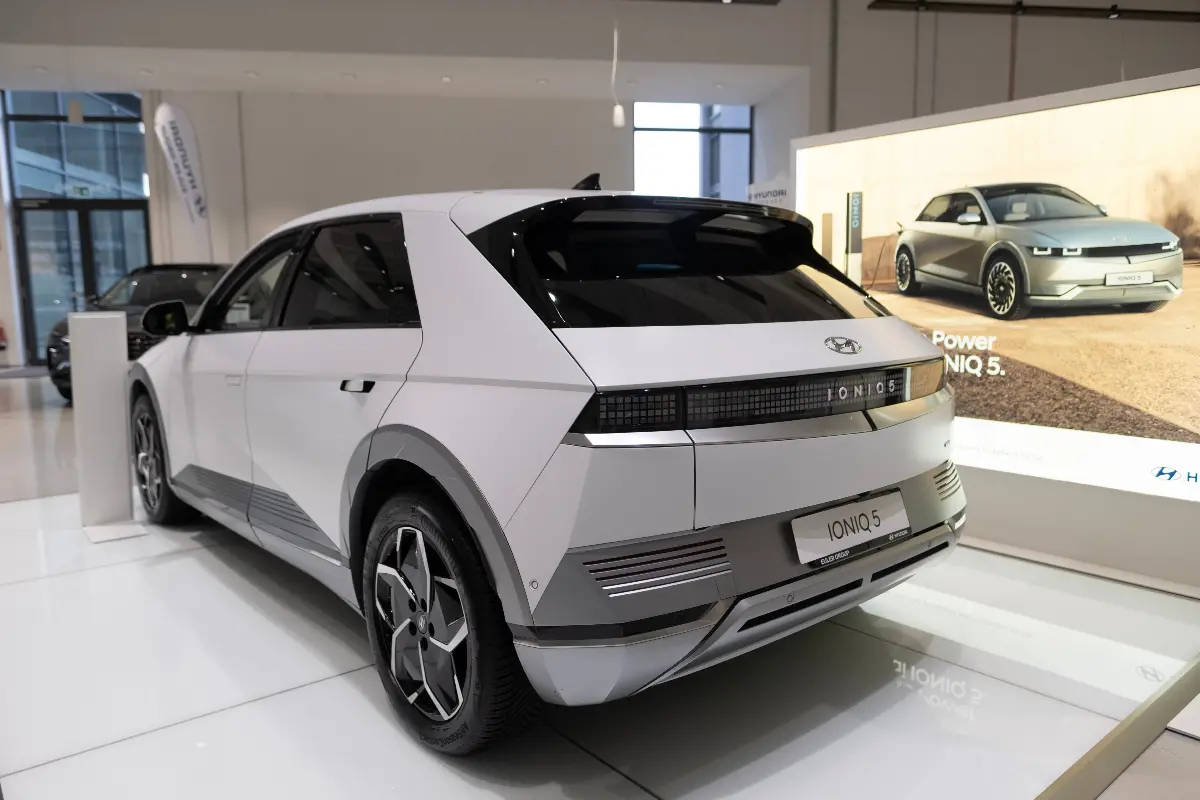
It's important to acknowledge the strides made by smaller manufacturers as well, such as the Aptera Sol, a vehicle that is in a league of its own. With a truly distinctive, aerodynamic three-wheel design and lightweight construction, the Aptera claims to offer energy consumption figures that challenge the very best. It's a testament to how innovation is driving the industry forward.
Yet, achieving high efficiency in EVs is not solely about the drivetrain or battery technology. The BMW i4 eDrive40 illustrates how integrating renewable materials and a focus on sustainability throughout the vehicle's life cycle can reduce energy consumption. From reduced production energy requirements to a focus on recyclability, efficiency is more than just a single metric—it's a holistic approach to vehicle design and manufacturing.
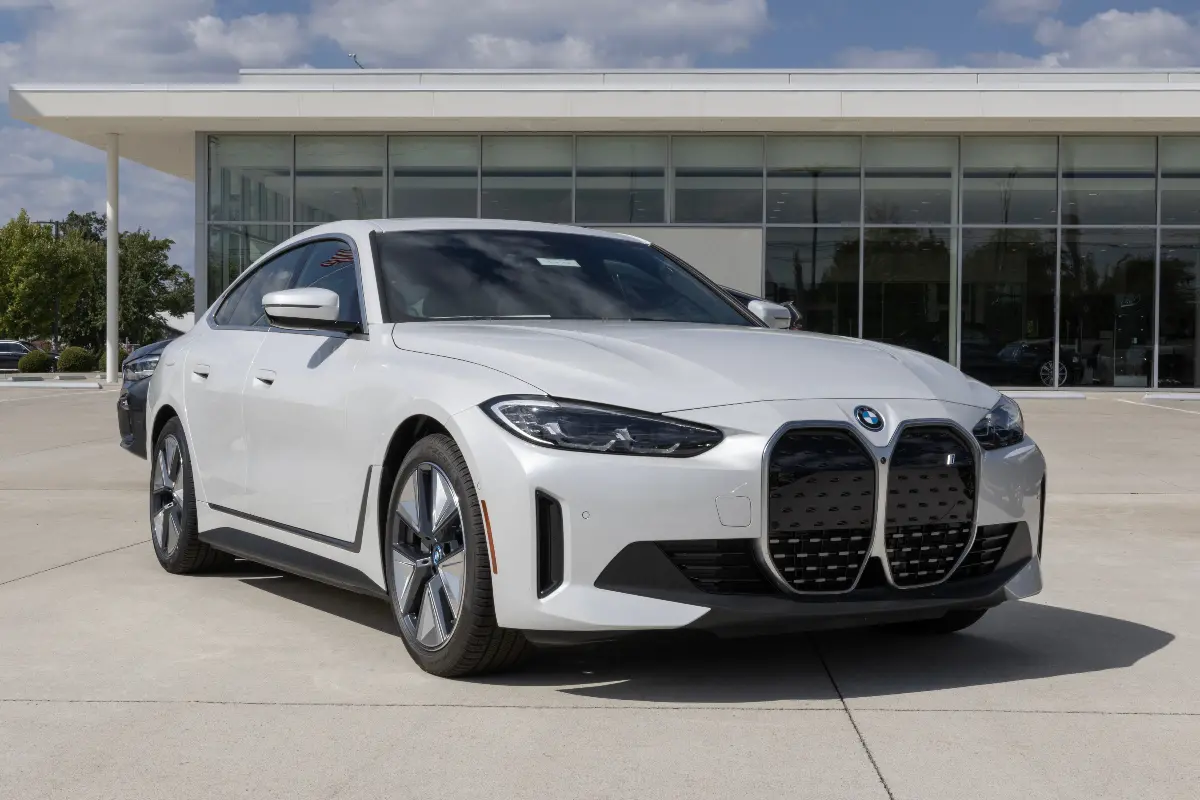
When considering efficiency, it's also important to highlight advancements made in charging technology. The Rivian R1T, while primarily known for its rugged utility and off-road capabilities, also features advanced battery management systems that allow for ultra-fast charging without compromising battery life. This ensures that when drivers do need to stop and charge, they can get back on the road more quickly and extract more mileage from each charging session.
Lastly, a surprise entry from Asia, the NIO ES8, has begun turning heads with its novel battery swap technology. Instead of waiting to recharge, drivers can exchange their depleted battery for a fully charged one at a swap station in a matter of minutes. This unique approach offers an alternative perspective on efficiency, focusing on time efficiency in keeping the vehicle on the move.
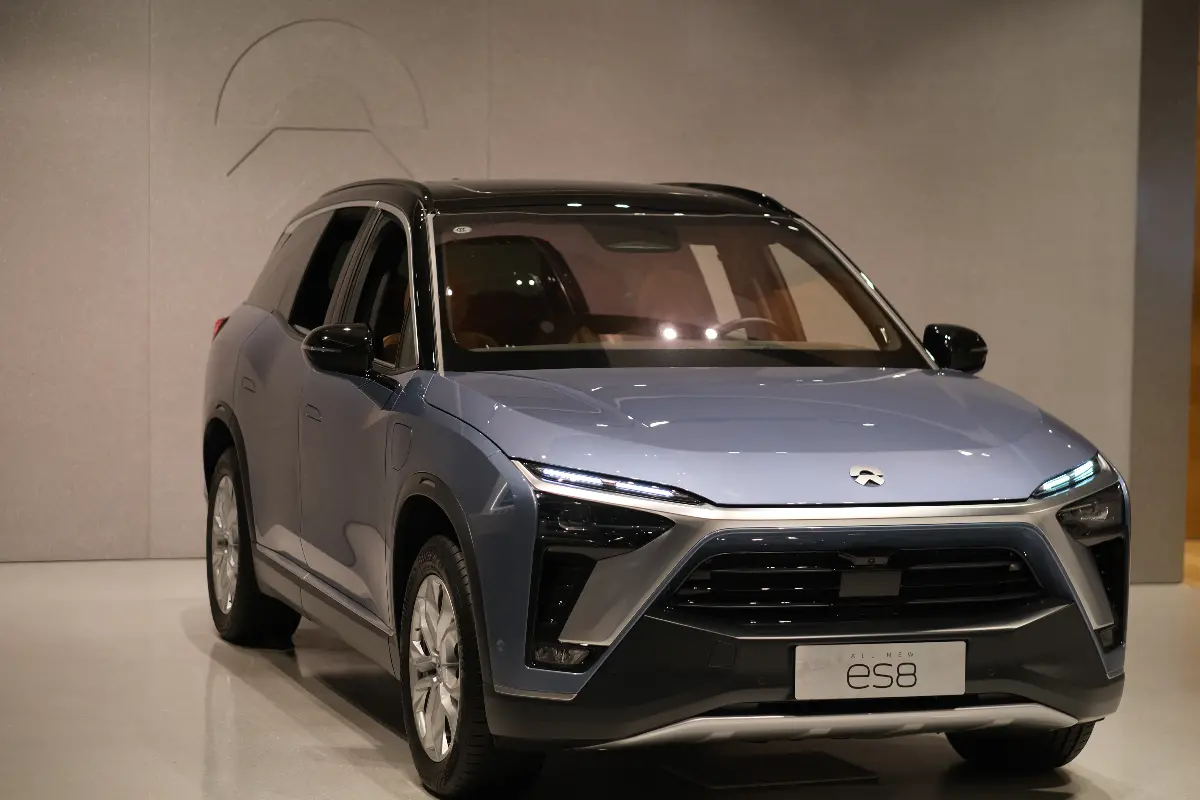
In conclusion, the most battery-efficient electric cars of 2024 demonstrate that innovation in EV technology is accelerating rapidly. These cars offer more than just a greener alternative to combustion engines; they represent a broader commitment to efficiency, sustainability, and intelligent design. Whether aiming for the highest mile count per charge or the quickest return to full battery capacity, this electrifying group leads the pack, energizing the road ahead with every watt saved.
